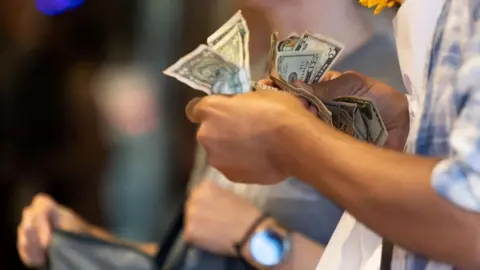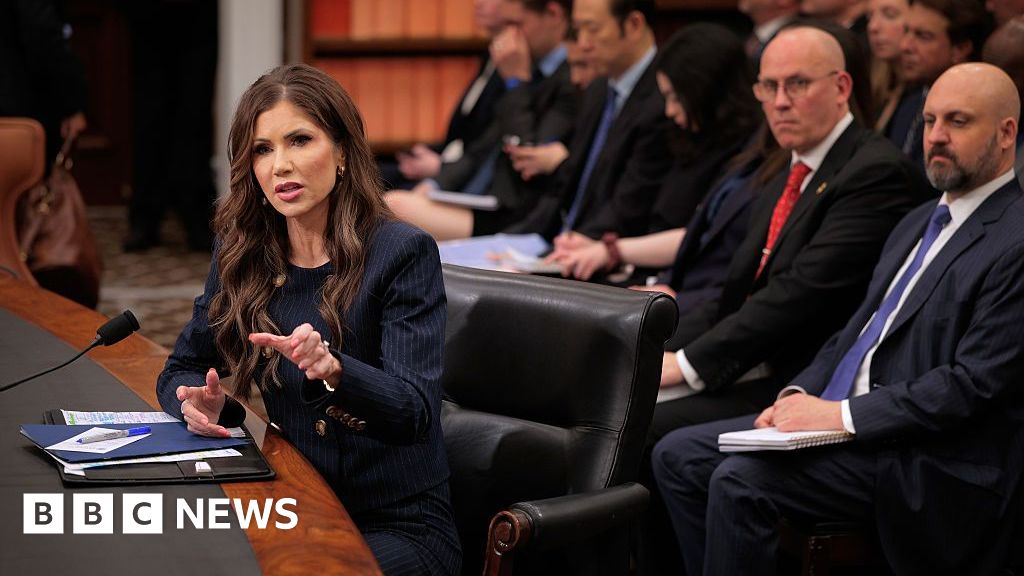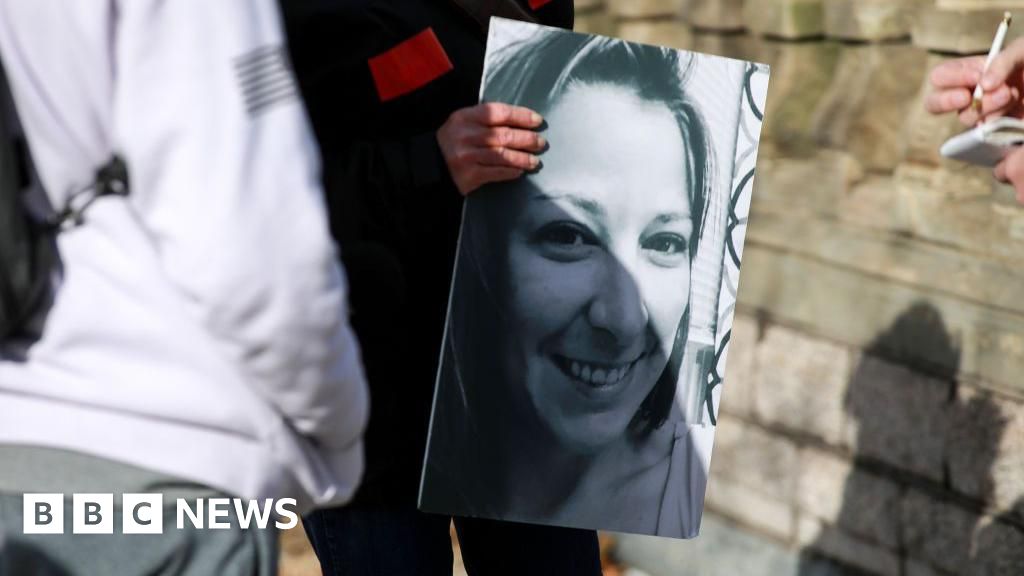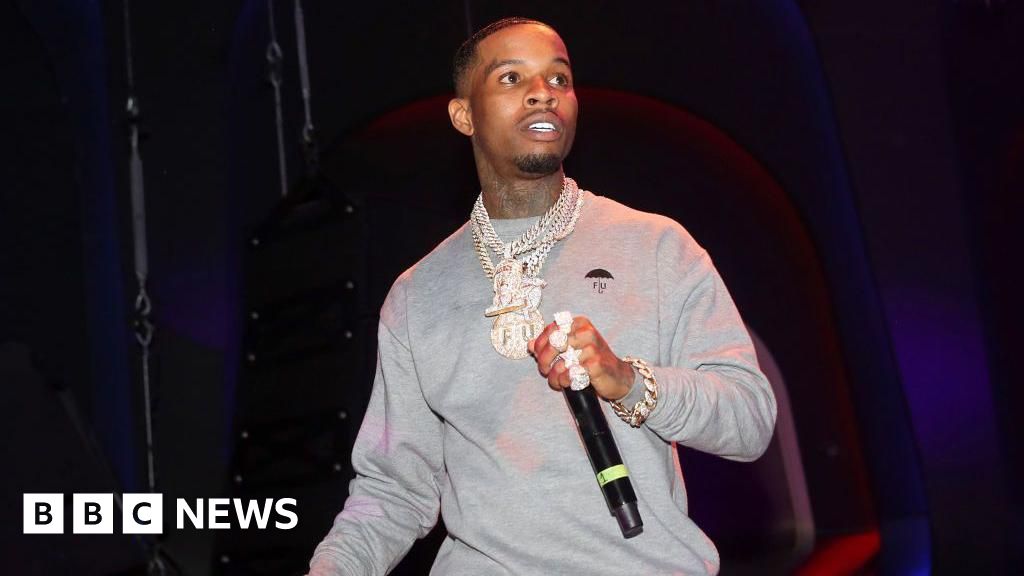ARTICLE AD BOX

 Getty Images
Getty Images
Economic growth picked up in the US this spring, bolstering bets that the world's largest economy will be able to see off inflation without getting hit by a painful slowdown.
The economy expanded at an annual rate of 2.8% over the three months to June, as consumer spending accelerated, the Commerce Department said Thursday.
The pace was faster than expected, but still marked a slowdown from 2023.
The new figures arrive during a heated presidential campaign, in which voters have regularly named the economy as their top concern.
The country's steady growth - far outstripping its international peers - would usually typically favour Democrats as the incumbent party.
But the current mix of conditions has made for a puzzle.
Unemployment, at 4.1%, is low but rising. Growth is solid, but has slowed.
And though price inflation has significantly subsided, economic discontent remains elevated, as households grapple with a 20% leap in prices since 2021 and high borrowing costs.
President Joe Biden's decision to drop out of the race has scrambled the picture further.
"There's a lot of crosscurrents here, in terms of voters thinking about the economy," said Mark Zandi, chief economist at Moody's Analytics. "At this point, I don't think it's a headwind or a tailwind."
Thursday's figures showed the economy bouncing back from a slowdown at the start of the year, when gross domestic product (GDP) grew just 1.4%.
Forecasters were predicting growth this quarter of about 2%.
Ahead of the release, University of Iowa professor Michael Lewis-Beck, who is known for a model that predicts popular vote outcomes based on economic growth and presidential approval, said growth did not appear to have been strong enough in the first half of this year to overcome Mr Biden's steep unpopularity.
His model had predicted a narrow loss for Mr Biden based on the start of the year growth. He warned that Democrats would face even stiffer odds now that the president is off the ballot, as they lose any incumbent advantage.
But the election remains close and complicated, he added, noting that the three elections since 1948 that his model has been wrong - in 1960, 1968 and 1976 - took place in "turbulent times", like today's.
"Not that the economy wasn't relevant in those times, but there were other huge things going on," he said, describing the current race as a "nail biter".
Some other analysts said they thought Mr Biden's decision to quit the race could make it easier for Democrats to pick the parts of his legacy they want to promote, while separating themselves from negatives such as inflation.
"I see upside with vice president [Kamala] Harris taking over the ticket because she can put distance between herself and President Biden" on inflation, said Danielle Deiseroth, executive director of the progressive pollster Data for Progress.
The administration's signature economic policies - including investments in roads, bridges, advanced technology and clean energy - are otherwise popular, she noted.
"It's an opportunity for a reset on the economic narrative," she said.

 9 months ago
33
9 months ago
33








 English (US) ·
English (US) ·